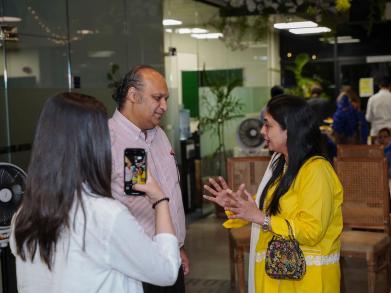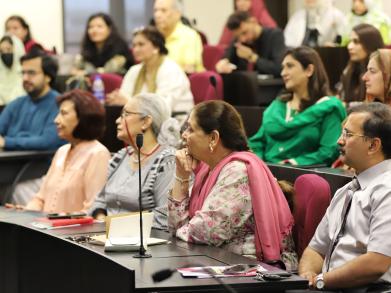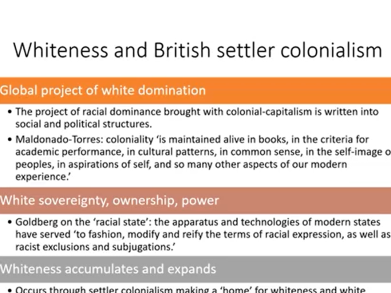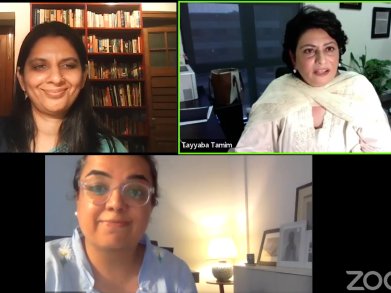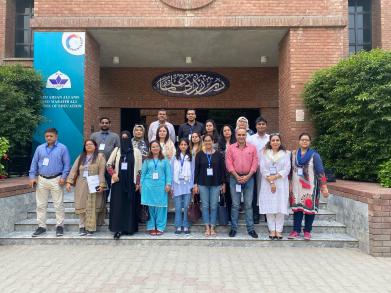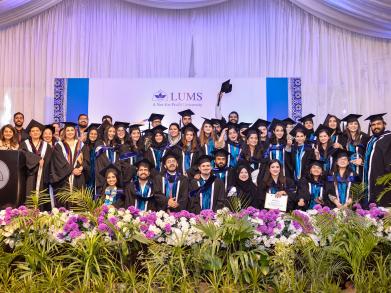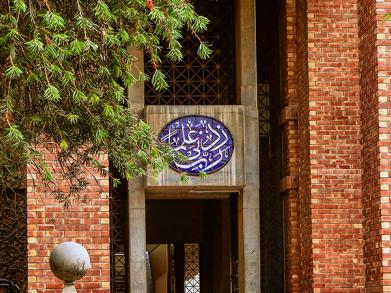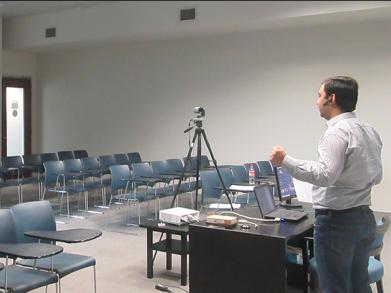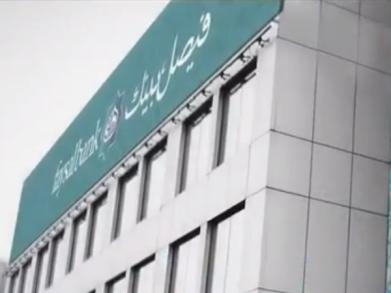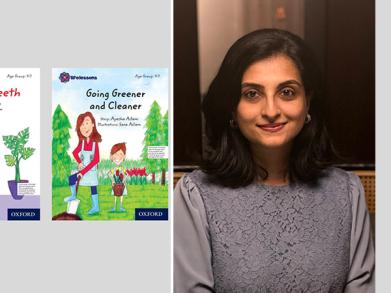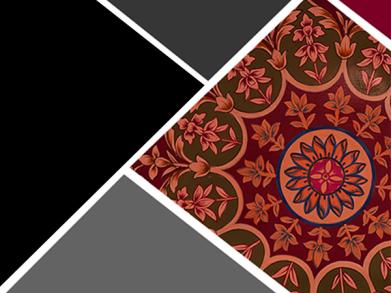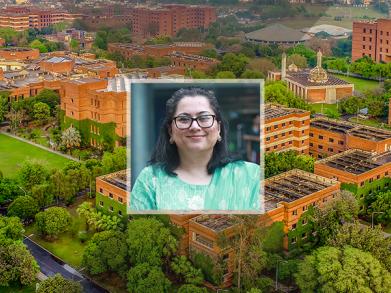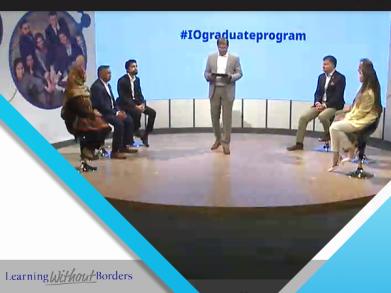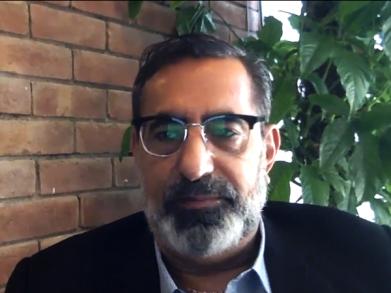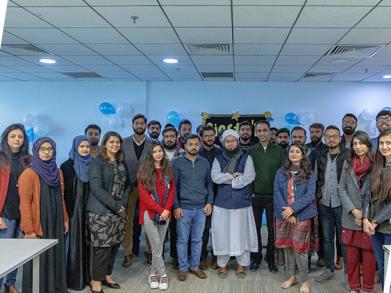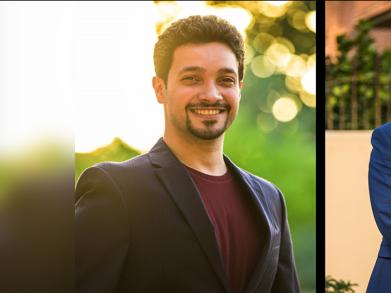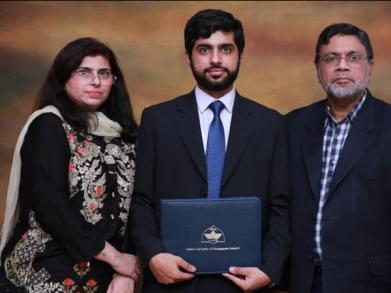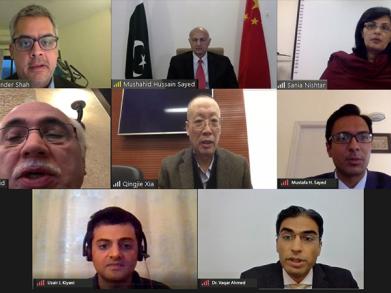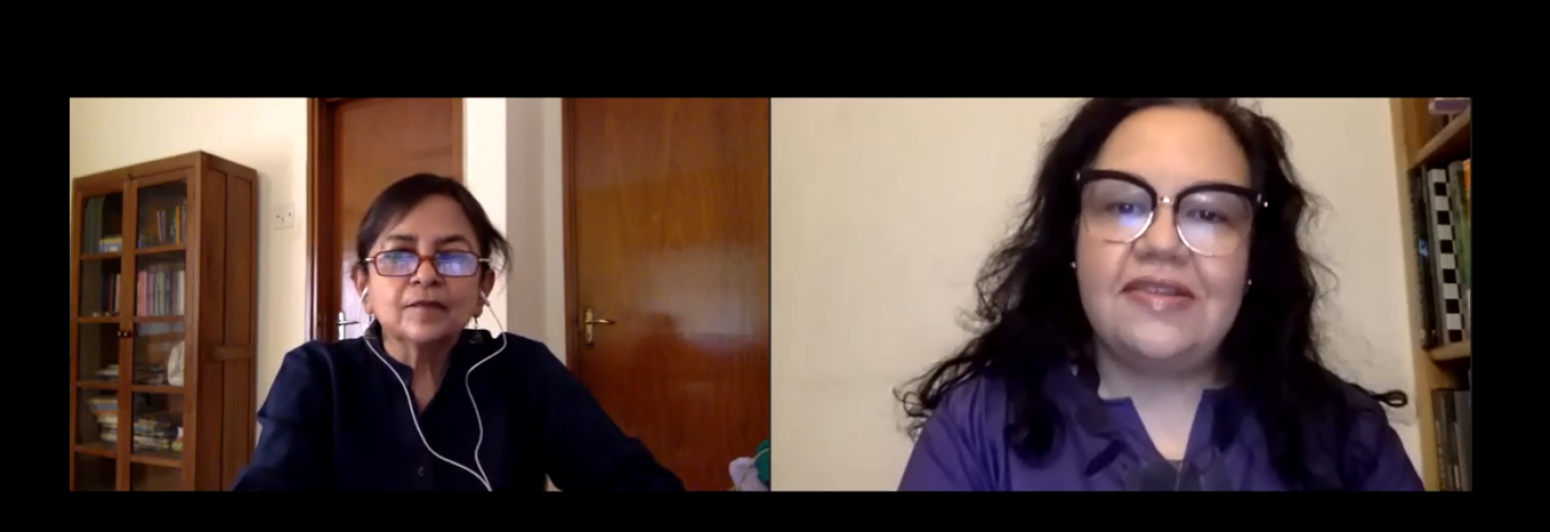
to
As a part of the EduTalk series, SOE hosted a session “Kahaani Kahi Jaati Hai (A Story is Told) - Theatre as Social Practice” with Dr. Asma Mundrawala, Professor at the Department of Fine Arts at the Indus Valley School of Art and Architecture in Karachi. Dr. Mundrawala is a visual artist and theatre practitioner with a DPhil degree from the University of Sussex UK. As part of her research practice, she has published in Pakistani and international books and journals. Apart from visual arts practice, Dr. Mundrawala has a background in theatre since 1997 when she began work with the Karachi-based theatre group Tehrik e Niswan. She is the co-founder and creative director for Zambeel Dramatic Readings (2011), a group that renders Urdu texts in dramatic form for live audiences. As part of this initiative, she has conceptualised and directed several projects comprising of texts by eminent authors from the subcontinent. She has initiated and runs Zambeelnaama, a monthly online audio channel for Zambeel Dramatic Readings.
The discussion began with Dr. Mundrawala providing the context for theatre through a historical lens. Using the theories of Paulo Freire (a Brazilian philosopher and educator) and Augusto Boal (a Brazilian theatre practitioner, drama theorist and political activist), Dr. Mundrawala described how theatre has been used as a safe space for creative expression with the intent of giving a message to those in positions of power. As groups emerged and disbanded over the years, they left a mark that became part of a collective history of inherited traditions for the next generation. These inherited traditions then became a pool of resources that new theatre groups continued to build upon and renew in their own practice. She proceeded to show some clips which provided examples of how theatre is and can be a part of everyday life and surrounds us all.
The presentation briefly introduced global practices in theatre that have, and continue to encourage critical reflection, and provide a means to empower the audience. The practices and philosophies of Augusto Boal, Paulo Freire and the performance practices defined as “Applied Theatre” were discussed to create a framework for the speaker’s own journey as a theatre practitioner in Karachi since 1997.
The Q&A session catered to queries regarding applied theatre. The students asked about how applied theatre can be used to bring communities together especially in the time of COVID-19. Dr. Mundrawala responded with suggesting that students should think of creative ways through writing and social media to engage with audience during these unprecedented and uncertain times.



